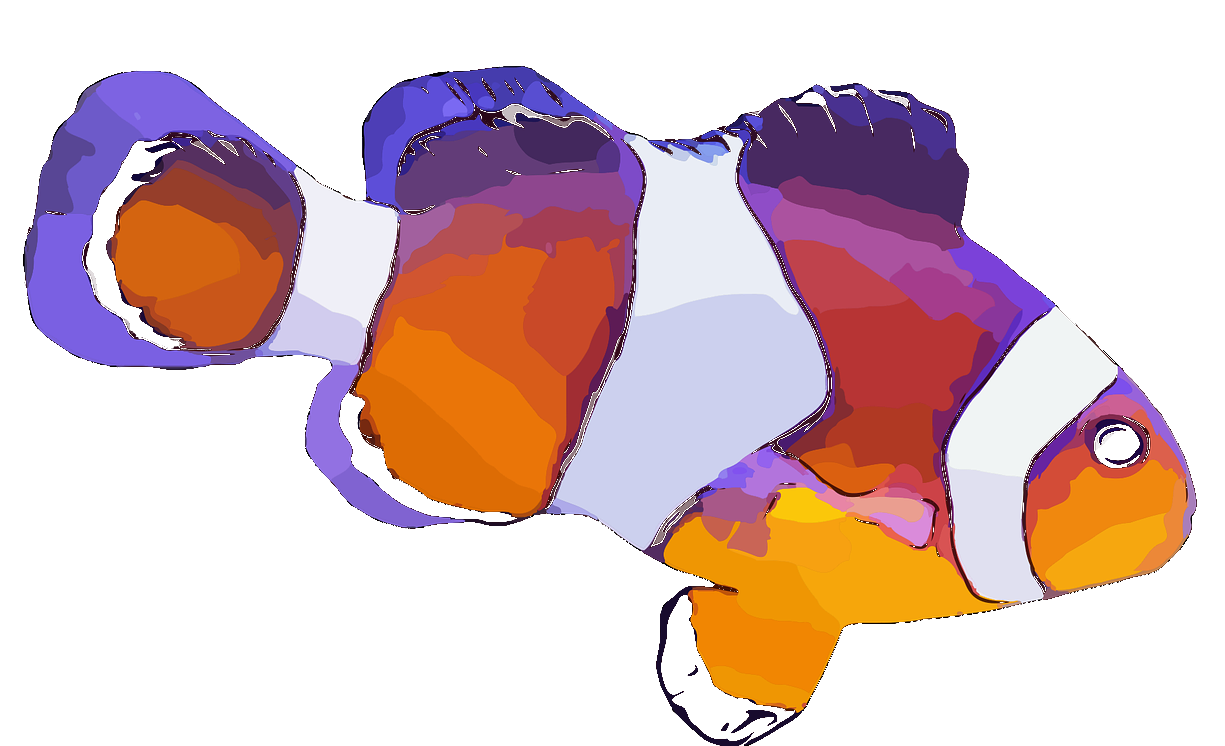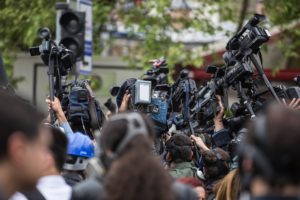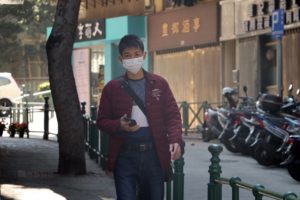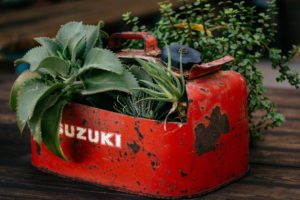The itching began after a long nap. I had finished the last round of antibiotics 3 days prior and I was taking benadryl to slow and dry up my fluids production. I started with the normal adult dosage of 50mg of benadryl and lowered it to a mere 25mg every 6 to 8 hours.
Benadryl was doing the trick. My coughing was down to once or twice per day. Though benadryl made me drowsy and sleepy, it was worth it. With no coughing there were no syncopes and abdominal pain. Feeling tired and sleepy was a price I was willing to pay.
For lunch we had had the same food, so when I woke up with a rash all over my body, I and my wife were having a hard time figuring out the cause for an allergic reaction. The rash was all over my body and primarily on my lower back where it glowed red. It felt like an allergic reaction, but from what? And even so, what would I take now? More benadryl?
Once the rash appeared I stopped taking benadryl and went to urgent care. After I was examined I was told it was an allergic reaction to the antibiotics I had finished taking 4 days (I went the next day) prior. Really? You mean to tell me my body is having an allergic reaction to a round of antibiotics I had finished 4 days before and started 11 days ago (the antibiotics were for 7 days)? I was prescribed some aveeno and sent home. The aveeno helped to alleviate the itchiness, which became unbearable at night. The rash lasted for another 5 days, with the worst of it happening in the beginning.
The symptoms have lasted two months. Perhaps not 100 days for which it is famous, but a 60-day illness it was. With today’s antibiotics and technology, we’ve only been able to reduce the length of this illness by less than half. This is an illness that was first discovered in the 1500s and it has taken another 500 years for modern medicine to shorten its symptoms by a mere 40 days.
To put this into perspective, in the same time, science and technology have:
- Virtually eliminated the time it takes to communicate with someone on the other side of the globe. You can literally instant-message someone anywhere in the world
- Let humans fly like birds
- Allowed us to explore other planets and better understand the origins of the universe
- Given us infinite memory and more processing power than we need in a device no bigger than a wallet
- Allowed us to live longer and healthier than any generation before
- Virtually eradicated smallpox, polio, certain cancers, malaria, hookworm, measles and other deadly diseases
And yet, I still spent 60 days dealing with the symptoms of the Bordetella bacteria for which there is a vaccine. How is that possible?
Well, science and technology also made this possible. Thanks to huge improvements we have made in science and medicine, those deadly diseases they’ve helped to eradicate, have come to haunt us. As the saying goes “You don’t know, what you don’t know”. As new generations arrive into this new disease-free world, these same generations begin to lack appreciation for what they have. They lack appreciation for the work and effort put forth by previous generations. They “don’t know” how deadly and infectious these diseases were/are.
Take clean water for example. If you are reading this from a location in the western world and certain parts of Asia, I can almost guarantee that not once did you stop to think about where you would have to get water. Well, perhaps you had to think about stopping at the store to get bottled water, but the thought didn’t go much further than that. In fact, I am certain very few people with access to clean water even know where their water comes from. If you ask them, they are likely to reply “from the faucet”, or “I don’t know”.
However, if you were one of the 1 billion people in the world who do not have access to clean water, I can assure you that “where am I going to get clean water from today?” would have been in your mind, as well as having a very clear understanding of where your water came from.
Modern science and medicine have done such a good job protecting us from deadly diseases (like clean water), that we spend very little time, if any, thinking about them. As such, these diseases for which there are vaccines, “no longer happen”, or “they only happen in 3rd world countries, not here”, or “measles? what is that? I didn’t have it. I don’t know anyone that’s had it. I guess we don’t need that vaccine any more”.
This type of ignorance used to be mitigated by communities and family. These communities and family members were there to give us context on the topics we didn’t know, or had experienced. They helped us appreciate clean water. If you had doubts about something, you could rely on your community’s collective wisdom to get answers. And because you had to live in this community, there was a strong incentive to be truthful and forward. Misinformation did not only affect “other” people, it affected you.
Technology changed that. The collective wisdom moved to the cloud and our communities have turned into like-minded, equally-ignorant (on the very topics you are ignorant about) groups of hundreds and thousands of virtual “friends”. “Friends” that you have never met in person and whose motives are seldom clear.
These virtual “friends” are free to say and assert anything and everything without the risk of negative consequences. They are emboldened by the anonymity of the internet. And as such, they are able to share their personal experiences as facts and science. The information or misinformation they share will have very little impact to them, if any.
What did I learn from this painful experience? I learned that vaccines are only 100% effective if everyone else is vaccinated. I learned there is a lot of misinformation on the internet. I learned that most people do no appreciate most of the modern marvels we enjoy, and as such, they take them for granted. I learned that physical communities and family have migrated to the cloud and that misinformation will only become a bigger problem in the future. I learned to be thankful for living in a country where the past 60 days of horrible symptoms had minimal impact to my life. Had I lived elsewhere, the consequences would have been much worse.
As of today, the coughing is almost gone, though I remain congested. If you missed previous parts you can find them here.



